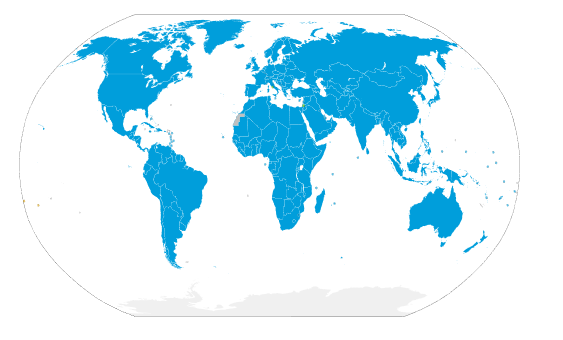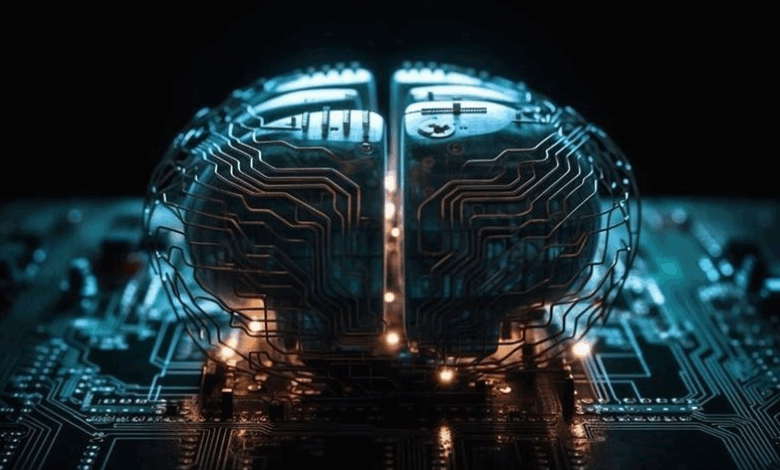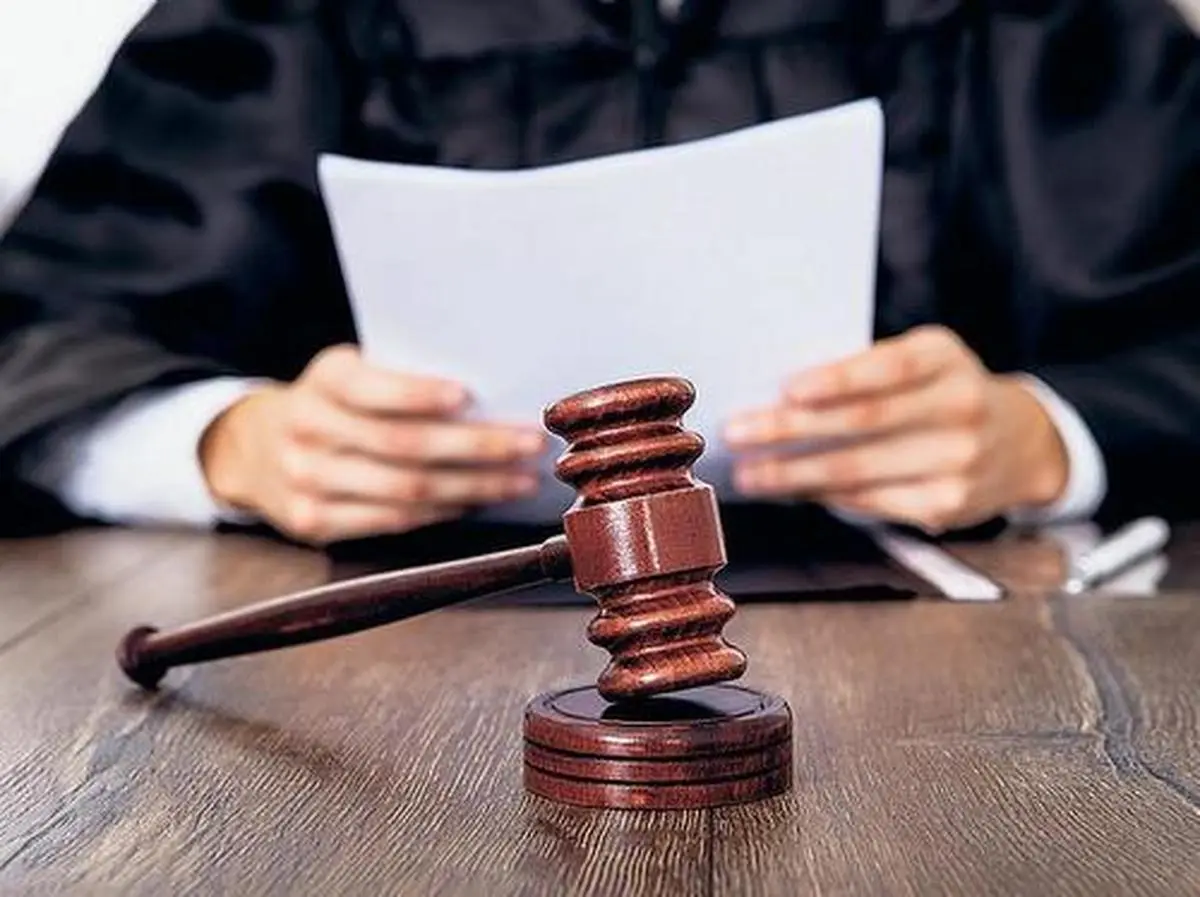- Courses
- GS Full Course 1 Year
- GS Full Course 2 Year
- GS Full Course 3 Year
- GS Full Course Till Selection
- Essay Target – 150+ Marks
- Online Program
- GS Recorded Course
- NCERT (Recorded 500+ Hours)
- Polity Recorded Course
- Geography Recorded Course
- Economy Recorded Course
- AMAC Recorded Course
- Modern India, Post Independence & World History
- Environment Recoded Course
- Governance Recoded Course
- Science & Tech. Recoded Course
- International Relations and Internal Security Recorded Course
- Disaster Management Module Course
- Ethics Recoded Course
- Current Affairs Recoded Course
- CSAT
- 5 LAYERED ARJUNA Mentorship
- Public Administration Optional
- ABOUT US
- OUR TOPPERS
- TEST SERIES
- FREE STUDY MATERIAL
- VIDEOS
- CONTACT US
India’s concerns regarding UN
India’s concerns regarding UN
23-08-2023
Latest Context:
Recently, India raised a question on United Nations' (UN) ability to effectively prevent and tackle the conflicts.
More About the News
- This matter was raised by India at the 49th G7 Summit.
- India has also expressed its concern regarding the definition of terrorism as UN has not defined the term ‘Terrorism’ till now.
- India has also raised the issue of reforms in United Nation and other international organisations.

About the UN
- UN is an international organization founded on October 24, 1945, after the end of World War II.
- It was established with the aim of promoting peace, security, and cooperation among nations and resolving conflicts through diplomacy rather than warfare.
- The UN serves as a platform for member states to address global issues collectively and work towards common goals.
- It is composed of multiple specialized agencies, programs, and bodies, each focusing on different areas such as human rights, development, health, education, and the environment.
- Some of the prominent UN agencies include the World Health Organization (WHO), United Nations Children's Fund (UNICEF), United Nations Development Programme (UNDP), and United Nations Educational, Scientific and Cultural Organization (UNESCO).
- It is headquartered in New York City, and it has six official languages: Arabic, Chinese, English, French, Russian, and Spanish.
- Currently, there are 193 member states, each represented in the General Assembly, which is the main deliberative body of the UN.
- The Security Council is another crucial body of responsible for maintaining international peace and security. It consists of 15 members, including 5 permanent members (China, France, Russia, the United Kingdom, and the United States) and ten non-permanent members elected by the General Assembly for two-year terms.
- The UN works on various issues, such as peacekeeping, conflict resolution, human rights promotion, humanitarian aid, sustainable development, climate change, and global health.
- It facilitates negotiations and cooperation between member states, provides a forum for discussions and decision-making, and coordinates efforts to address global challenges.
What role the UN has played since its establishment?
The UN has played a significant role in various aspects of global history since its establishment in 1945. Here are some key historical roles and contributions of the UN:
- Maintaining International Peace and Security: The UN was created with the primary goal of preventing future global conflicts. Its Security Council has the responsibility to maintain international peace and security. The UN has deployed peacekeeping missions to numerous conflict zones, such as Cyprus, Congo, and Kosovo, to help stabilize situations and facilitate peace processes.
- Promoting Decolonization and Self-Determination: In the post-World War II era, the UN played a crucial role in decolonization efforts. It provided a platform for colonies to voice their aspirations for self-determination and independence. Through resolutions and support for liberation movements, the UN contributed to the end of colonial rule in many countries.
- Advancing Human Rights: The UN has been at the forefront of promoting and protecting human rights globally. The Universal Declaration of Human Rights, adopted by the UN General Assembly in 1948, established a comprehensive framework for human rights standards. The UN Human Rights Council and various specialized agencies work to monitor human rights abuses, promote equality, and advocate for justice.
- Facilitating Disarmament and Non-Proliferation: The UN has been actively engaged in efforts to prevent the spread of nuclear weapons and promote disarmament. The UN also organize various conferences and negotiations on disarmament issues and supports arms control agreements.
- Addressing Global Challenges: The UN has been instrumental in addressing various global challenges, including poverty, hunger, disease, climate change, and sustainable development. It has launched initiatives such as the Millennium Development Goals and the Sustainable Development Goals to guide international efforts in these areas.
- Providing Humanitarian Assistance: The UN has been at the forefront of providing humanitarian aid to countries affected by conflicts, natural disasters, and other emergencies. Agencies such as the United Nations High Commissioner for Refugees (UNHCR), the World Food Programme (WFP), and the United Nations Children's Fund (UNICEF) work to alleviate suffering, protect vulnerable populations, and support post-conflict reconstruction.
- Promoting International Cooperation and Diplomacy: The UN serves as a platform for dialogue and negotiation among nations, facilitating diplomatic efforts to resolve conflicts peacefully. It provides a forum for member states to discuss and address global issues, fostering cooperation on various political, economic, and social fronts.
So, Why the UN is not able to prevent the Conflicts and resolve them?
- Sovereignty and National Interests: The UN operates within the framework of international law and respects the principle of national sovereignty. This means that member states have the ultimate authority over their own affairs, and they may prioritize their national interests over collective action or UN interventions.
- Limited Enforcement Mechanisms: The UN relies on member states' voluntary cooperation to enforce its resolutions and decisions. While the UN can deploy peacekeeping forces, economic sanctions, or diplomatic pressure, it does not possess its own standing army or police force. As a result, its ability to enforce its decisions is limited.
- Veto Power of Security Council Members: The UN Security Council, responsible for maintaining international peace and security, consists of five permanent members (China, France, Russia, the United Kingdom, and the United States) with veto power. This means that any of these members can veto a resolution, even if it has the support of the majority of the Council. This veto power restricts the UN's ability to respond effectively to conflicts, particularly when the interests of the veto countries are involved.
- Complex Conflicts: Many conflicts around the world are deeply rooted in complex historical, ethnic, religious, or political factors. Resolving such conflicts requires comprehensive and sustained efforts, including mediation, peace negotiations, and reconciliation processes. The UN can facilitate these processes, but the complexities often make finding a durable solution challenging.
- Lack of Resources and Political Will: The UN's conflict prevention and resolution efforts require adequate financial, logistical, and human resources. However, funding shortfalls and competing priorities among member states can limit the UN's capacity to effectively address conflicts.
How can the UN be more effective?
- Strengthening Mediation and Diplomatic Efforts: The UN should prioritize and invest in diplomatic initiatives and mediation processes to prevent conflicts from escalating. This includes promoting dialogue, promoting trust-building measures, and engaging with all relevant stakeholders to find peaceful solutions.
- Early Warning Systems and Conflict Prevention: The UN should enhance its early warning capabilities to identify potential conflict situations before they escalate. By investing in research, data analysis, and intelligence gathering, the UN can provide timely and accurate information to member states, enabling them to take preventive measures proactively.
- Strengthening Peacekeeping Operations: Peacekeeping missions play a crucial role in maintaining peace and security. The UN should ensure that peacekeeping operations have adequate resources, including well-trained personnel, logistical support, and modern technology. This will enable them to respond effectively to conflicts, protect civilians, and support peace processes.
- Reforming the Security Council: The UN Security Council's structure and decision-making processes should be reformed to reflect the geopolitical realities of the contemporary world. Addressing the issue of the veto power and expanding the Council's membership can promote greater representation, transparency, and accountability in decision-making, thus enhancing the UN's credibility and effectiveness.
- Strengthening International Law and Accountability: The UN should work towards promoting adherence to international law and human rights standards. Strengthening the International Criminal Court (ICC) and supporting accountability mechanisms can help deter perpetrators of war crimes, crimes against humanity, and genocide, thereby contributing to the prevention and resolution of conflicts.
- Mobilizing Sufficient Resources: Member states should provide the necessary financial, logistical, and technical support to enable the UN to carry out its duty effectively. Timely and predictable funding is essential for the UN to respond to emerging crisis and sustain long-term peacebuilding efforts.
- Partnerships and Cooperation: The UN should actively engage with regional organizations, civil society groups, and other relevant stakeholders to promote partnerships and cooperation.
Conclusion and Way Forward
Presently, UN is the biggest multilateral organisation of the world and it has enough capability to prevent and resolve the conflicts around the world, but it need to be utilized in a proper way. Reforms in UN are the biggest need of the hour to make it more representative, effective and responsible.



